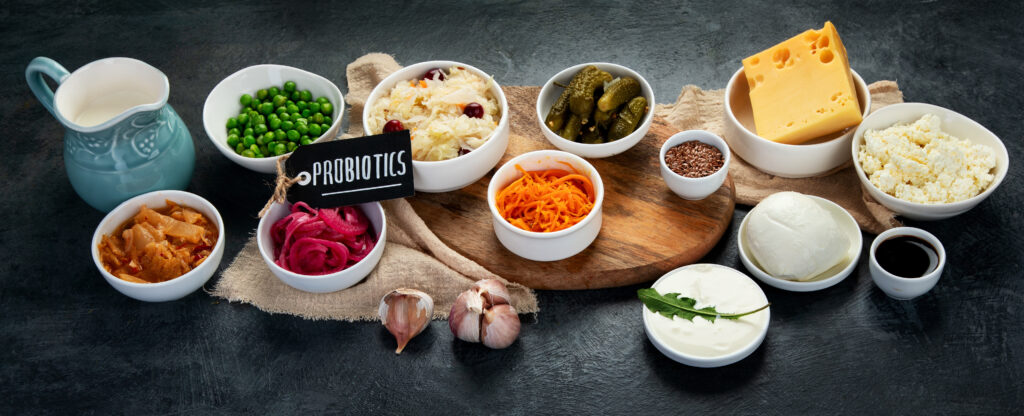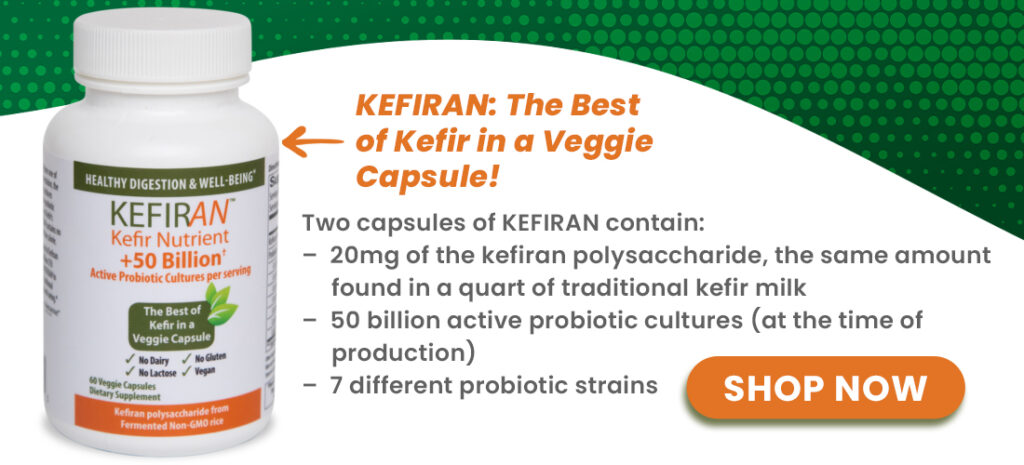Digestive Health
What is the Best Diet Plan for Me for Optimal Gut Health ?
Achieving optimal gut health starts with a balanced diet that nurtures your digestive system. Your gut is home to trillions of bacteria that play an essential role in digestion, immune function, and overall well-being. If you’re wondering what the best diet plan is for optimal gut health, the answer lies in choosing foods that promote gut-friendly bacteria while avoiding those that can disrupt your microbiome balance. Here’s a breakdown of some of the most effective foods to incorporate into your diet, as well as foods to avoid, to support your gut.

Foods That Promote Optimal Gut Health: Fiber-Rich Foods
For optimal gut health, a diet rich in fiber is essential. Fiber acts as fuel for beneficial gut bacteria, helping them thrive and promote regular digestion. Insoluble fiber, which is found in whole grains, nuts, and seeds, supports bowel regularity and keeps your digestive system moving. Soluble fiber, which is present in fruits, vegetables, and legumes, helps to absorb water and soften stools.
To support a healthy gut, aim to include a variety of fiber-rich foods like apples, bananas, lentils, oats, and broccoli in your diet. These foods help maintain gut diversity and encourage the growth of good bacteria, leading to optimal gut health.
Fermented Foods
Fermented foods are another powerful group to include in your diet for optimal gut health. They are rich in probiotics, which are live bacteria that can help replenish and maintain a healthy microbiome. Some of the best fermented foods include yogurt, kefir, sauerkraut, kimchi, and kombucha.
Probiotics in fermented foods contribute to digestive balance, supporting your gut by enhancing the growth of good bacteria and reducing the number of harmful bacteria. Regular consumption of these foods can aid digestion, improve nutrient absorption, and help regulate bowel movements.
Prebiotic Foods
Prebiotics are non-digestible fibers that feed the beneficial bacteria in your gut. While probiotics are live bacteria, prebiotics act as food for those bacteria, ensuring they grow and thrive. Including prebiotic-rich foods in your diet is a great way to promote optimal gut health.
Garlic, onions, asparagus, leeks, and bananas are all excellent sources of prebiotics. These foods help fuel good bacteria, which in turn supports a healthier, more balanced gut microbiome. Adding these to your meals can work synergistically with probiotics to ensure long-term gut health.
Foods to Avoid for Optimal Gut Health
While certain foods can promote optimal gut health, others can have a negative impact on your digestive system and microbiome. It’s important to limit or avoid these foods to maintain balance and support gut function.
Processed Foods:
Processed foods, especially those high in added sugars and unhealthy fats, can disrupt the balance of gut bacteria. These foods can promote the growth of harmful bacteria and lead to inflammation in the gut. Opt for whole, unprocessed foods to encourage a healthy gut environment.
Artificial Sweeteners:
Artificial sweeteners such as aspartame and sucralose have been shown to negatively affect gut bacteria. These sweeteners can alter the composition of the microbiome, promoting the growth of harmful bacteria and impairing overall gut health. To support a healthy gut, it’s best to avoid these sugar substitutes.
Red and Processed Meats:
Diets high in red and processed meats can contribute to inflammation in the gut and alter gut bacteria composition. Some studies have suggested that high consumption of these meats may disrupt gut microbiota, making it harder to maintain optimal gut health. Focus instead on lean proteins like fish, chicken, and plant-based sources like beans and legumes.
Drink Plenty of Water for Optimal Gut Health
Hydration is also a key factor for maintaining optimal gut health. Drinking water helps to move food and waste through your intestines, aiding digestion and preventing constipation. Adequate hydration is necessary to support a healthy gut lining and promote regular bowel movements. Water also helps transport nutrients to the cells lining the gut, further supporting digestive health.
Make it a habit to drink at least eight cups of water a day, or more if you’re physically active, to support your digestive function and overall gut health.
Additional Tips for Gut Health
Aside from dietary choices, lifestyle factors such as stress management, sleep quality, and exercise can all impact gut health. Regular physical activity, for instance, has been linked to a more diverse microbiome and can promote regular bowel movements. Reducing stress through practices like mindfulness, yoga, and deep breathing can also prevent gut disruptions caused by stress-related hormones. Furthermore, ensuring you get sufficient rest can help your gut bacteria thrive and support overall digestive function.
Conclusion
By focusing on a diet rich in fiber, fermented foods, and prebiotics, while avoiding processed foods, artificial sweeteners, and excessive red meats, you can support optimal gut health. Incorporating these foods into your meals will help maintain a balanced microbiome, improve digestion, and enhance overall well-being. Don’t forget to hydrate, manage stress, and get regular exercise for the best results.
Sources:
Like? Share with your friends!

